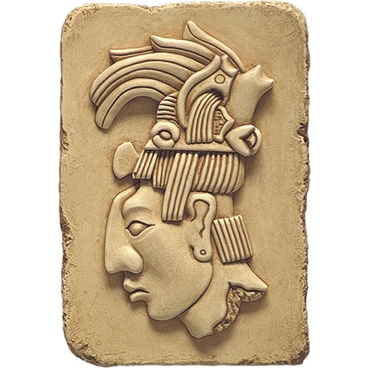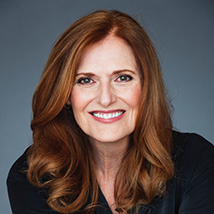Good Question
When is a question bad… and when is it good?
And who decides the validity of a question anyway?
Yesterday I had a fascinating discussion about Hieroglyphics (glyths) at Chitizen with my friend Nicole who is an archeology professor.
I remember my first and only visit to Chichen Itza. The temple was at the end of a long, blistering hot bus ride to what felt like the middle of nowhere. As my teen sons tackled steep steps of the ancient ruin determined to reach the top, I watched anxiously, wilting under a wide brimmed hat, gulping bottles of water.
We knew from docs on Mayan culture (ones I had insisted we watch) that the experts agreed the hieroglyphics carved on staircases and doorways were some sort of primitive calendar system or astronomy.
Mayan culture was obviously not as important as other ancient cultures like the Egyptian. The story was that they were a peaceful but ignorant people who tracked stars, but had limited language. Their markings were primitive symbols and numbers— they didn’t even have verbs.
Now here’s where it helps to have a friend who knows far more than you do—turns out the ‘experts’ were wrong.
All the archeological theories on Mayan culture that were based on wrong interpretations of the glyphs and the wrong assumptions which followed these theories, were debunked by one woman, Linda Schele, who had the courage to ask a question.
And what was the question?
“Why couldn’t some of these symbols be verbs?”
Her question, at a conference of top experts on Mayan culture, had the effect of a meteor landing in a kiddy’s wading pool.
Now—as you can imagine, this question was viewed as a really ‘bad’ question… it upset everyone. Which made it a totally ‘good’ question.
Here’s the kicker to the story– that night, after she and her ‘bad question’ were dismissed, Linda and a student went back to their rooms and cracked the Mayan code — in three hours, proving beyond doubt that these inscriptions actually contained incredibly detailed historical information and complex grammar.
Linda was not even an archeologist. Years earlier on a vacation to Mexico, she was so taken with the beauty of the Palenque ruins that she felt compelled to try to decipher them. So she returned to Alabama to get her doctorate in Latin American Studies.
Dr. Schele’s life’s work became deciphering this ancient language, revealing the history of this once mighty civilization. Turns out, Mayan culture was both very advance and very combative.
Her ‘bad’ question was actually a good question!
Good questions smudge neat lines. Good questions throw everyone off kilter in order to find truth. Good questions challenge false assumptions.
Wrong interpretation of symbols– assumptions based on these wrong interpretations. Hmmm. Sound familiar? It happens to us as women all the time– in our work, in our lives, in our own minds.
Sometimes these wrong conclusions have been handed to us by people with ‘power”, past or present– parents, teachers, bosses even friends and lovers.
“You are not a creative person, you are a detailed analytical person– this is the kinds of jobs you should go after.”
“You are too emotional.”
“You’re not an artist, you simply put things together.”
And some of these wrong conclusions we came to all by ourselves by misinterpreting the symbols of our own lives—and then making false assumptions.
“I don’t know how to do this job—so I must be a fraud.”
“I actually don’t deserve to be happy– so I better settle for what I have.”
“I am not capable of being loved—so I can’t risk rejection.”
Time to break out the ‘bad’ questions.
The bad ones that are really the good ones– the ones that will make everyone uncomfortable—even you.
Who told me this, and why do I believe them? What is their real intention?
Why would someone want to make me feel bad?
Which part of this mess is my responsibility and which part belongs to someone else?
It’s time for you to decipher the symbols that are the Hieroglyphics of your inner life. It’s time to ask the good and the bad questions– of yourself and of others.
These questions must be your own questions.
Fight for them. Let no one invalidate your questions.
And most of all… let no one discourage your pursuit of the answers to your questions.

Nancy




Love to hear your thoughts.